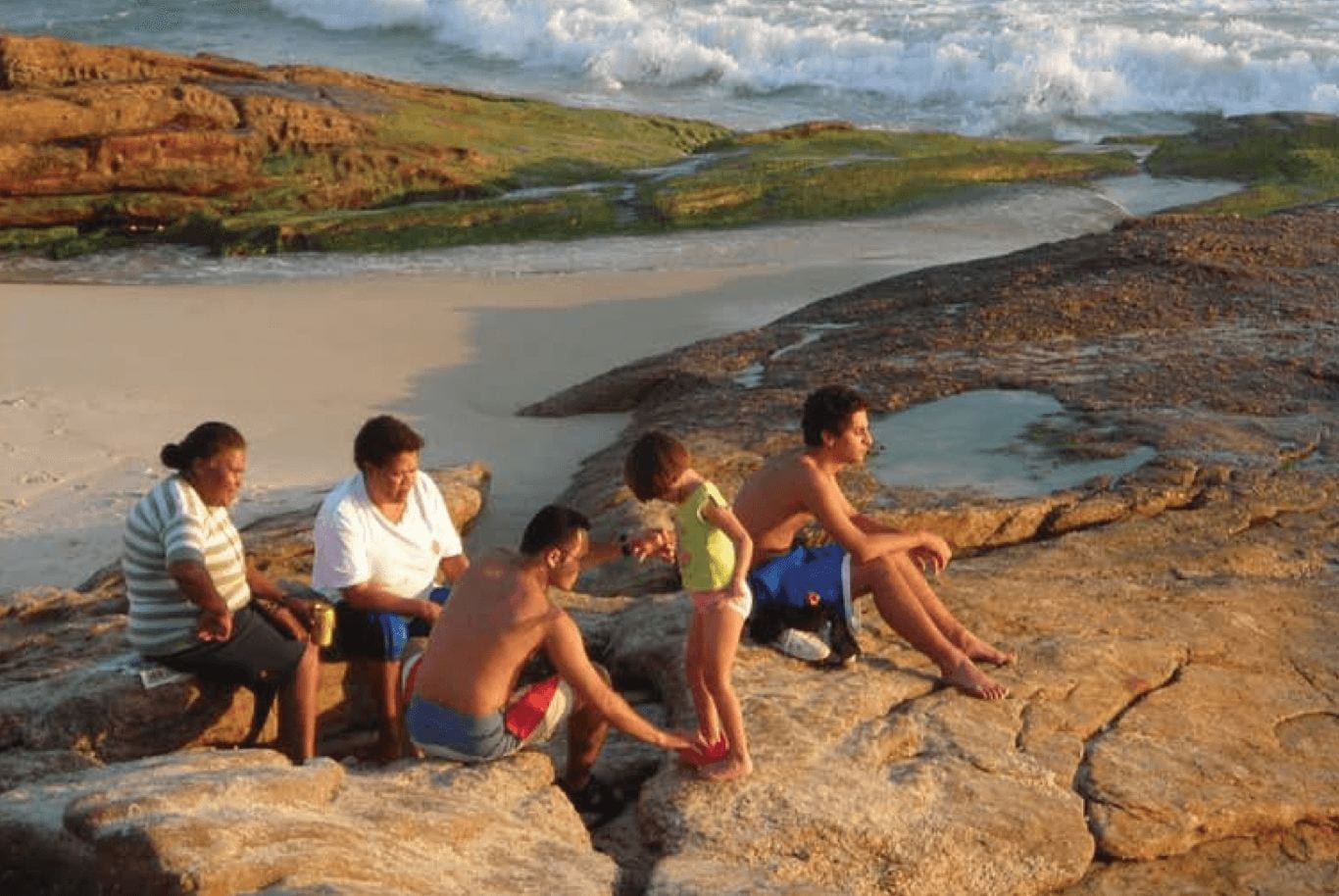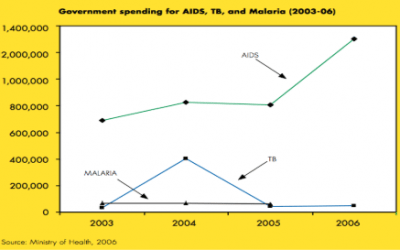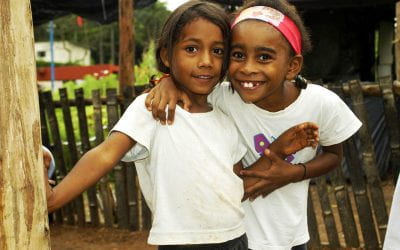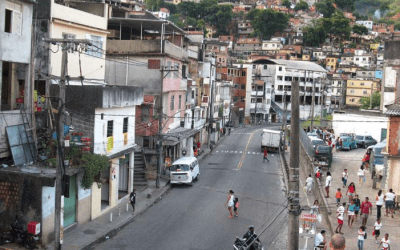Making A Difference: A Drop in the Ocean
Working with Grassroots Microfinance Organizations
“Poverty is unnecessary.”
— Muhammad Yunus
A Drop in the Ocean (ADITO), a Harvard-student-run nonprofit organization, strives to lift the world’s most disadvantaged people out of poverty through its work with grassroots microfinance organizations. The organization, founded in 2004, provides technical assistance and strategic advice to microfinance institutions (MFIs) in the developing world, including Mexico, Peru and Argentina.
MFIs provide financial services to low-economic-status clients who are excluded from the traditional financial system. Through microfinance, these individuals can gain access to capital to open small businesses and begin to improve their economic situation. Microfinance recently made the news when Muhammad Yunus—the founder of the concept of microcredit—was awarded the 2006 Nobel Peace Prize for his “efforts to create economic and social development from below.”
The mission of ADITO is to address what it views as the two principal shortcomings of MFIs: a failure to reach the poorest of the poor and an inability to benefit from international exposure and investment funds. According to Hannah-Sarah Faich, one of ADITO’s managing directors, ADITO focuses its work specifically on smaller MFIs that are not yet self-sustainable. In that way, ADITO serves as a channel for the “flow of knowledge” from larger MFIs to smaller MFIs. While ADITO works with MFIs throughout the developing world, it is particularly active in Latin America. Faich attributes this to the fact that many students speak Spanish, which make the region “more accessible.”
The organization with which ADITO has the longest standing relationship is EMCOP (Equipo de Mujeres en Comunicación y Producción) in Peru. EMCOP offers microcredit loans to women and their families to open small businesses such as selling fish in street stands or baked goods in home bakeries. Through its partnership with ADITO, EMCOP was recently able to complete an impact study, which found that the organization’s profit margins and returns on equity were higher than that for other microfinance organizations. With the impact studies showing the organization’s proven efficacy, ADITO is now able to help EMCOP increase its capital lending pool and secure greater funds from international granting institutions.
Poverty may not be necessary, but it is an all too real phenomenon in our world. Until that changes, what is absolutely necessary is the existence of organizations like ADITO that make a difference.
CONTINUING MEDICAL EDUCATION PROGRAM
More than 3,500 physicians in Buenos Aires, Argentina and Santiago, Chile have participated in postgraduate medical education courses designed and led by Harvard Medical School faculty and ICONO (The Educational Institute for the Southern Cone). With courses ranging from psychiatry to cardiology to endocrinology, the Continuing Medical Education program is helping to promote and update the medical knowledge of Latin American health care professionals.
COLOMBIA CIVIL SECTOR INITIATIVE
Harvard researchers Theodore Macdonald and David Brown have been working with NGOs in Colombia to build capacity to document local perceptions of violence and peace. Through their work with the Colombia Civil Sector Initiative, the duo has been training Peace and Development Projects on conducting ethnographic research and increasing their capacity for promoting peace and development. This training helps the organizations to develop important case materials on grassroots experiences and reactions to violence. The Initiative also has the important mission of fostering greater collaboration between academia and the community.
QUALITY IN EARLY EDUCATION CONFERENCE
DRCLAS recently sponsored a conference in collaboration with the Chilean Ministry of Education to discuss how to apply models of high quality preschool education in Chile. The summer conference featured leading figures in the early education and health fields from Harvard, including faculty members of the Graduate School of Education and the Medical School. The conference emphasized the importance of setting programmatic goals, situating early education within the context of family and community, and establishing public policy.
Spring 2007, Volume VI, Number 3
Frankie Chen is ReVista’s chief editorial assistant and a senior at Harvard College.
Related Articles
Why Brazil Responded to AIDS and Not Tuberculosis
You are probably familiar by now with the famous “Brazilian AIDS Miracle.” A strong, highly centralized AIDS bureaucracy, the incorporation of a well organized civic movement and strong…
What Brazilian Mothers Believe
One Brazilian mother was embarrassed because her children were thin. She thought family and neighbors would think she could not provide enough food for her children…
Using Dance to Set and Achieve Goals in a Favela
Less than three weeks into my year-long fellowship in Brazil, I wrote in my journal one morning: “The violence is intimidating and saddening… it’s quite debilitating and last night it led to a feeling…





